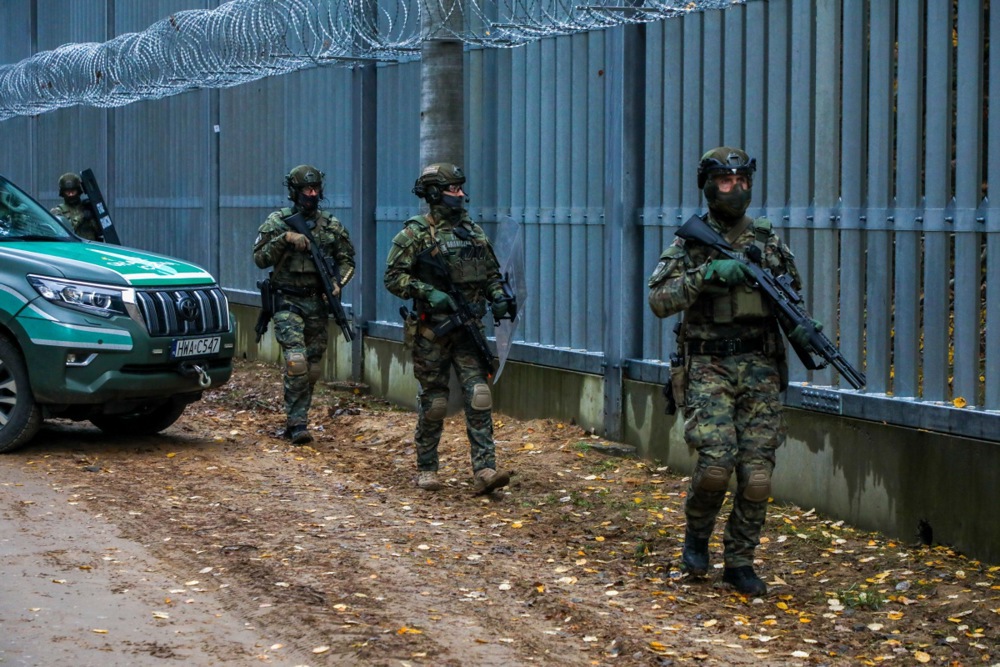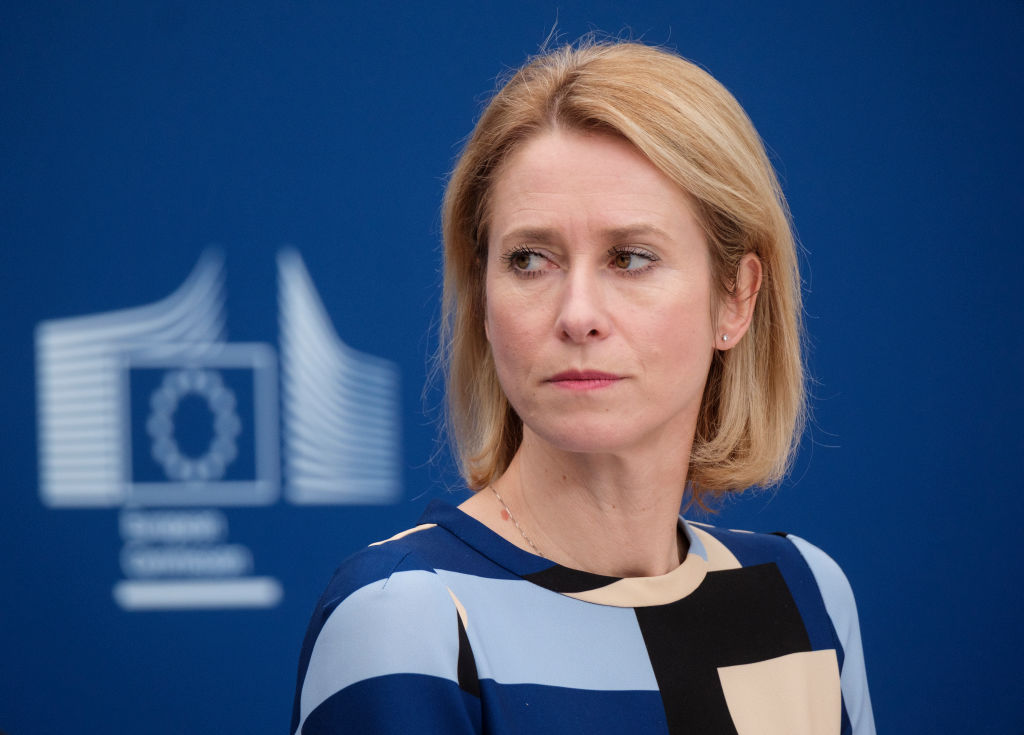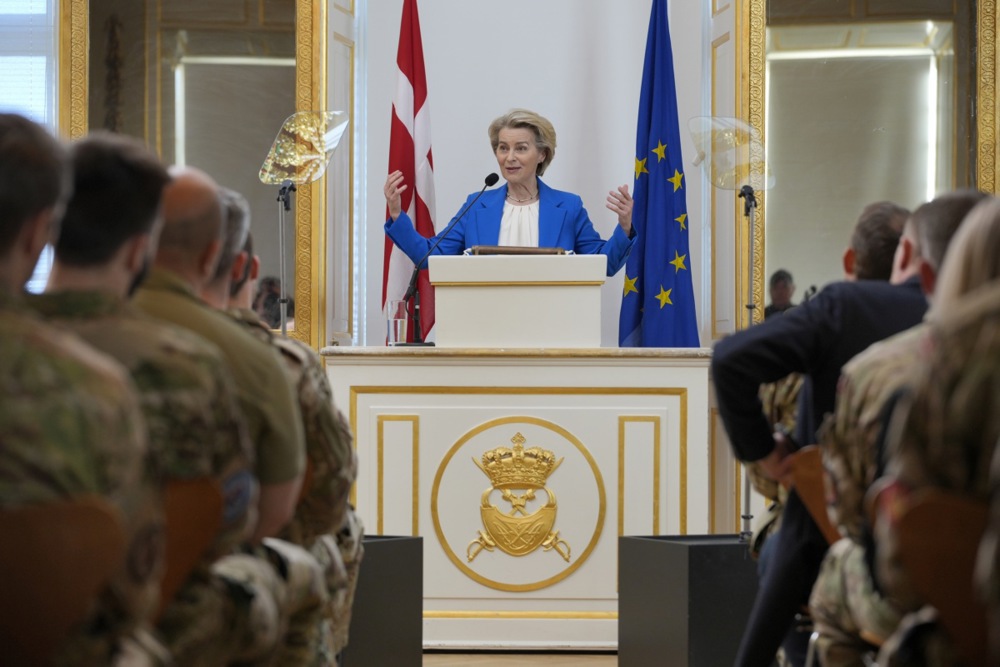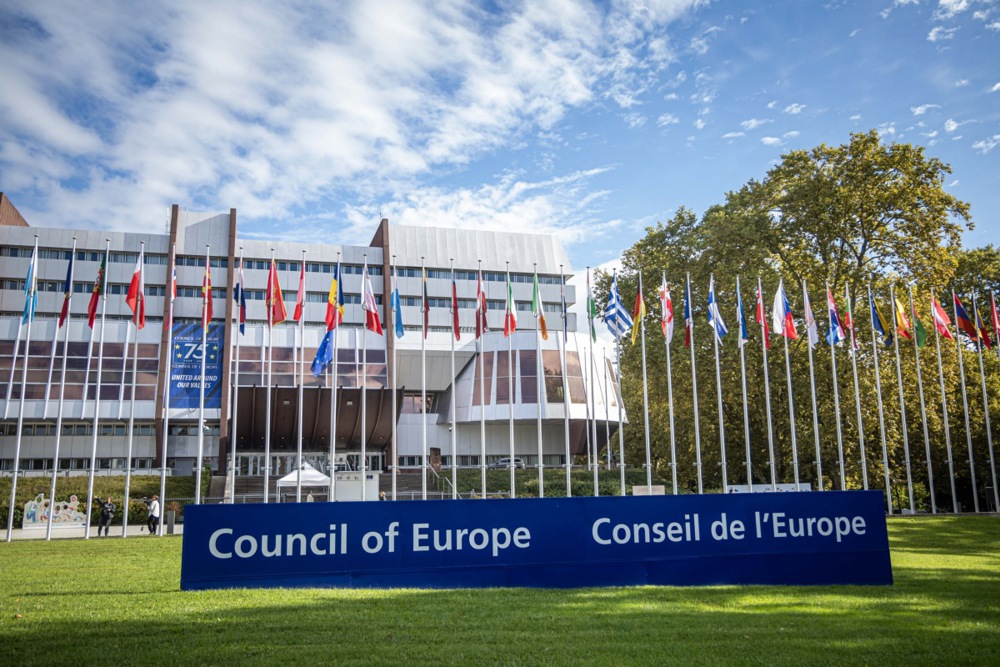EU procurement rules are too hard to implement and should be abandoned, conference-goers heard on April 14.
The Europe Union’s defence market has been held back by “fragmentation, home bias in procurement and small production scales”, policy analysts warned.
“No EU country is capable of providing strategic enablers on its own,” Guntram B Wolff, senior fellow at the Brussels-based Bruegel institute, said during a conference at the institute on European rearmament on April 14,
“These capabilities — like satellite-based intelligence or large-scale air transport — are typically delivered via NATO,” he said.
More than two-thirds of EU defence procurement still went to domestic firms or joint ventures, a pattern experts said stifled co-ordination, scale and innovation.
Wolff and fellow researchers argued that efforts to build up defence using only “EU instruments”—such as the European Defence Fund or SAFE , the EU’s joint procurement programme — were “impossibly hard to implement.”
These tools required unanimity among member states, offered limited financial incentives and often excluded key strategic partners like the UK and Norway, Wolff said.
“EU instruments” refers to formal tools and mechanisms that function within the EU’s legal and budgetary framework — tools such as joint borrowing, structural funds, or fiscal rules. The analysts argued these alone were too rigid to respond to current threats.
To bypass these constraints, the Bruegel researchers proposed to build up a “coalition-of-the-willing” model that would allow countries to opt in voluntarily, contribute capital and jointly fund and own defence equipment —without being slowed by full EU consensus or treaty limits.
A more flexible mechanism, Wolff said, would let Europe pool resources and support its defence industrial base —particularly small and medium-sized firms.
European finance ministers have been mixed over ideas that bypassed the “only EU instruments” model.
While “most ministers were interested” in the possibility, others — including France, Germany and Belgium — argued that existing tools such as the European Defence Fund and ReArm Europe plan should be used first, according to Polish finance minister Andrzej Domanski. He was speaking during the ECOFIN meeting held in Warsaw on April 11 and 12.
Several officials were already eyeing a joint defence fund capable of pooling resources from both EU and “trusted non-EU partners”, Reuters has reported.
The conversation was shifting towards an intergovernmental mechanism that could encompass not only committed member states but also allies including the UK and Switzerland, according to the Financial Times.
Swiss President Karin Keller-Sutter attended the ECOFIN meeting for the first time, alongside UK Chancellor Rachel Reeves.
ReArm Europe is the European Commission’s plan to boost military spending across the EU through joint borrowing and relaxed fiscal rules, aiming for up to €800 billion in defence investment over four years.
But speakers at the Bruegel conference said both SAFE and ReArm fell short: They lacked common ownership, allowed member states to opt out and relied too heavily on political consensus — limiting their impact.
Regarding Ukraine, on April 14, Vice-President of the European Commission Kaja Kallas proposed a €40 billion military assistance package, including €5 billion for ammunition, during a meeting of EU foreign affairs ministers in Luxembourg.
While the ammunition component garnered support, the broader plan faced challenges due to disagreements over contribution calculations and budgetary constraints among member states.
It was noted by a researcher from the Jacques Delors Institute, another Brussels-based think-tank, that “the EU is not entirely dependent on the US” and that some strategic enablers did already exist, pointing to joint initiatives such as the Eindhoven Air Transport Command.
Others pointed out that the EU already showed strength in some areas — including satellite co-ordination and drone production — especially when pooling capabilities.
Still, Wolff stressed that the bigger risk was paralysis. “If we stick to the current EU framework, we lose both efficiency and strategic sovereignty.”
By pooling resources in the proposed coalition of the willing, “Europe could tap into higher economies of scale, compress defence mark-ups and broaden its industrial base,” the Bruegel panel said.





